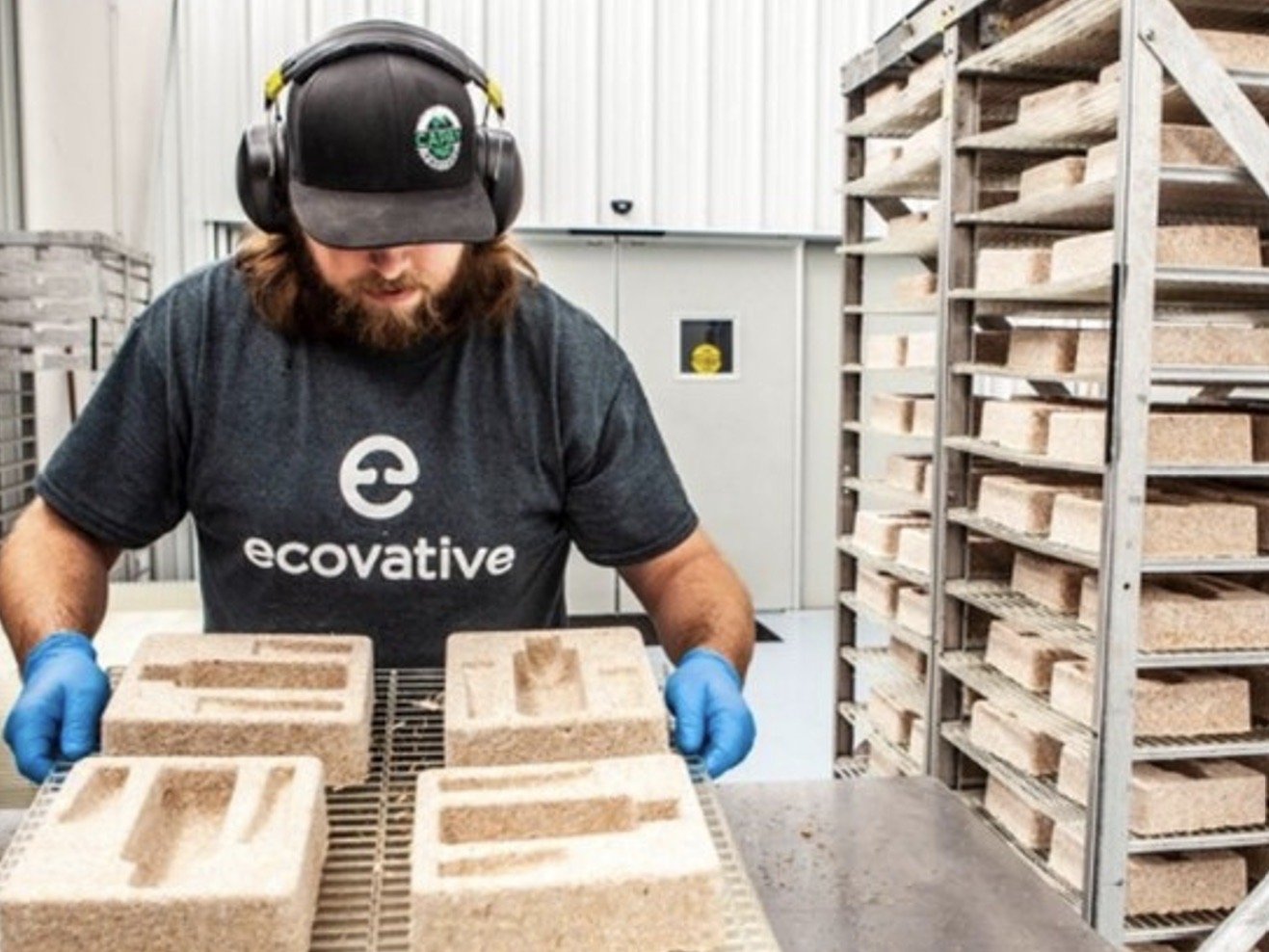Protecting Fungal Biodiversity Critical to Life on Earth
We are living in a moment of overlapping ecological crises. One of those crises is the growing list of extinct species, disappearing at a rate thousands of times higher than normal. That includes animals, plants, and of course, fungi. But there’s something unique about the problem when it comes to fungi: being one of the least studied kingdoms of life, we don’t even know what we’re losing.
Losing fungal biodiversity might sound like less mushrooms in the woods, but that is only a small part of the picture. Most fungi don’t even produce mushrooms — the vast majority live as cottony networks of microscopic threads, called mycelium, woven underground or among the cells of trees. That means the loss of fungal biodiversity is likely to be mostly invisible, at least to our eyes. But the consequences will certainly be felt. Fungi in their mycelial forms perform all sorts of crucial roles in the environment, churning organic debris into new life, inventing endless varieties of chemical compounds to fend off microbial foes or competition, providing structure to the soil and connections between plants.
Ecovative CEO Eben Beyer (right) with original Ecovative Mycologist Sue Van Hook and FunDiS President Bill Sheehan. 2015.
Put simply, Fungi are our co-pilots on Spaceship Earth, healing damaged landscapes, recycling and redistributing nutrients, and even breaking down various human-made pollutants. Historically, we have ignored the fungal kingdom, even as it quietly and continuously heals our planet. Losing the biodiversity of our life support system is bad enough-- but it’s just one of the hidden side effects. In recent years we have discovered that fungi we find in the forest can be sampled, cultivated, and grown in ways that are helpful for tackling some of our biggest existential threats, from climate change to plastic pollution.
At Ecovative, fungi aren’t just a key part of our product; they’re also our partners and inspiration. We are working to investigate and preserve parts of the fungal library of life, by seeking out new genetic strains—or phenotypes—and finding ways of working with them that can help address some of our most pressing problems and needs. That includes materials for shipping, fashion, even as a more sustainable alternative to meat. In the short term, the diversity of species we are collecting and preserving at Ecovative will help us to develop and improve these technologies.
In the long term, it may come to represent an important record of fungal biodiversity that is disappearing right beneath our feet. Our mycologists and engineers work with a few hundred of the 180,000 or so species already identified, which are just a fraction of the estimated 3 million yet to be described, underlining the importance of studying and documenting fungi for the future of our planet and humankind.
Ecovative is expanding its mycelial network around the world; creating new jobs to meet the demand for its innovative products. Visit Ecovative’s career page here.
Reposted from Fantastic Fungi newsletter with permission of the author.


